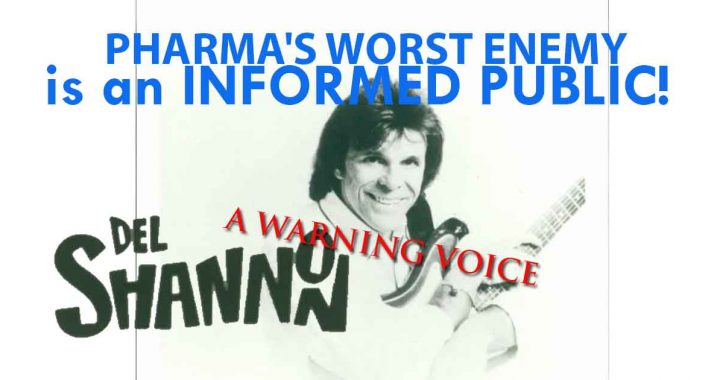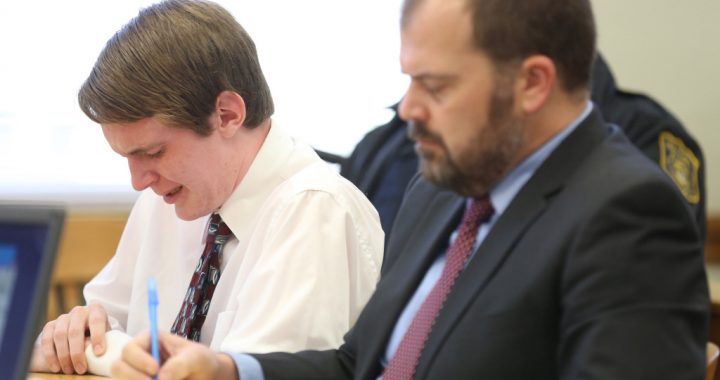
Elizabeth Kenny
ELIZABETH KENNY is an actor, playwright, teacher, and lecturer. Sick, a solo performance written and performed by Elizabeth, explores a patient’s two-year odyssey inside the most advanced healthcare system in the world — an odyssey that almost killed her. Thank you to those of you who alerted us to Elizabeth’s video! View video by clicking link below:
https://www.youtube.com/watch?v=TRIv1Vlc3Wk
My comment on Elizabeth’s excerpt from her play:
EXCELLENT!!!! Thank you so much for sharing your painful experience!!!!
I cannot tell you just how many cases I have seen identical to yours over the past 2 1/2 decades of specializing in adverse reactions to antidepressants! In the mid 90’s one young brain chemistry student from Israel had to handcuff his Russian fiance to him to keep her from committing suicide after they gave her birth control, then Prozac, then locked her in a psych ward and gave her Paxil next! (Why do doctors think it is going to produce a different outcome if the spell the name of the SSRI antidepressant differently?!!!)
Although atheists, they said the only way they could describe her was “possessed” until they found our website you so kindly referred to www.drugawareness.org (the oldest website on antidepressant adverse reactions), read my book, and called for help. I am happy to report that she recovered and was able to successfully sue the drug makers and appeared with me in a TV interview in a Russian documentary several years ago.
When the world begins to understand that serotonin is what LSD and PCP mimic to produce their hallucinogenic effects then maybe they will see why antidepressants produce slow fuse type LSD or PCP reactions from these drugs designed to increase the levels of serotonin!?
More from Elizabeth on how this all came about:
Sick‘s Wild Ride – From Treatment to TEDMED
Elizabeth Kenny
December 17, 2014
When I started to write my full-length play Sick in 2010 I was simply looking to understand how it was possible that I could have gotten trapped inside a “mental Illness” when all I had was ovarian cysts. I really love science. I still do. I had a respect for the medical profession and had no reason to question that the well-meaning advice and guidance I was receiving could possibly cause me harm.
The experience of making and touring the play had been so surprising. While I was living through the story – I was certain that what was happening to me was extreme, that I was one in a million and that nobody else could possibly be going through the same thing – Once I started to perform and engage with audiences I was shocked by how many people wanted to talk after the show to share their stories. I have lost count of the number of I times I heard “I think this is happening to my sister, or mother or aunt, or boyfriend.”
It has become clear to me that what I, my family and my doctors thought was a rare occurrence may be far more common than any of us can fathom. I feel an obligation as both a writer/performer and as a person who came through an iatrogenic mental illness to raise the questions – How many more people like me are there? How are people’s lives being subtly or not subtly diminished by their treatment? Are we really operating with in a system that allows for informed consent if all our drug information is coming from those who stand to profit from it’s sale?
I was invited by TEDMED to perform an excerpt from the full-length play at their conference in September. It was the 1st time I was able to reach a large mainstream dominantly medical audience. I am still digesting that experience and will talk more about it in a future post. At the end of the talk, I ask the question “So what do you think we should do?” I think most people hear this as rhetorical but I’m really asking 🙂 so as you watch and share the talk if you have thoughts, I’d love to hear them.




